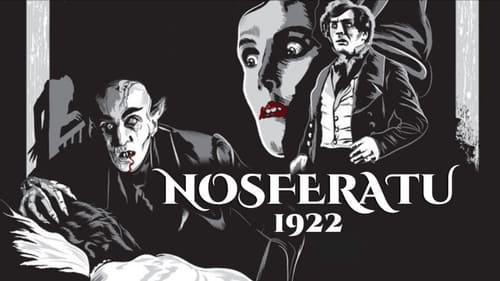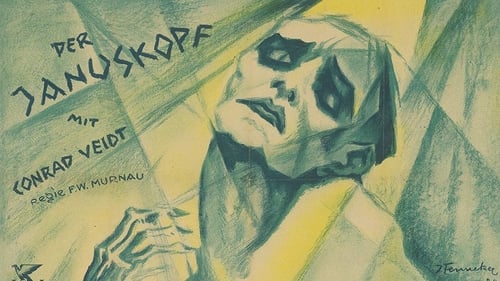
A magistrate (uncredited)
The horror classic, Nosferatu, remastered with a soundtrack by Type-O Negative and hosted by David Carradine.

Magistrate (uncredited)
The mysterious Count Orlok summons Thomas Hutter to his remote Transylvanian castle in the mountains. The eerie Orlok seeks to buy a house near Hutter and his wife, Ellen. After Orlok reveals his vampire nature, Hutter struggles to escape the castle, knowing that Ellen is in grave danger

o. A.
The film was an unauthorized adaptation of Robert Louis Stevenson's novel The Strange Case of Dr. Jekyll and Mr. Hyde, but the source material went unrecognized by some of the German media due to changes in the characters' names. Released in 1920, this is one of Murnau's lost films. While the film itself does not survive, the scripts and related production notes do. Because the film is lost, its full length is unknown. Dr. Warren is the Dr. Jekyll character who changes into Mr. O'Connor, a parallel of Mr. Hyde. This transformation is brought about, not by experimentation with chemicals as in Stevenson's original, but through the supernatural agency of a bust of Janus (the Roman god of the doorway), which Warren / O'Connor purchases in the opening sequence as a gift for his sweetheart, Jane. When she refuses the gift, horrified, Warren / O'Connor is forced to keep the statuette himself...

Old Man (uncredited)
Francis, a young man, recalls in his memory the horrible experiences he and his fiancée Jane recently went through. Francis and his friend Alan visit The Cabinet of Dr. Caligari, an exhibit where the mysterious doctor shows the somnambulist Cesare, and awakens him for some moments from his death-like sleep.

Ernest Schiller, a wealthy merchant, has the cherished ambition to secure as his son-in-law the Count De Grechy, a member of the nobility. His ambition is about to be realized, for the Count has accepted an urgent invitation to be Schiller's guest. His arrival is hailed with delight by the merchant, who offers the freedom of his home. Bertha, Schiller's daughter, does not experience the same enthusiasm which is manifested by her father. The reason for this is that she has pledged her heart and hand to Franz Rambauld, her sweetheart. The Count's attentions, therefore, are greatly distressing to Bertha. Nevertheless, through her father's insistence, the unfortunate girl is compelled to engage herself to the Count.




